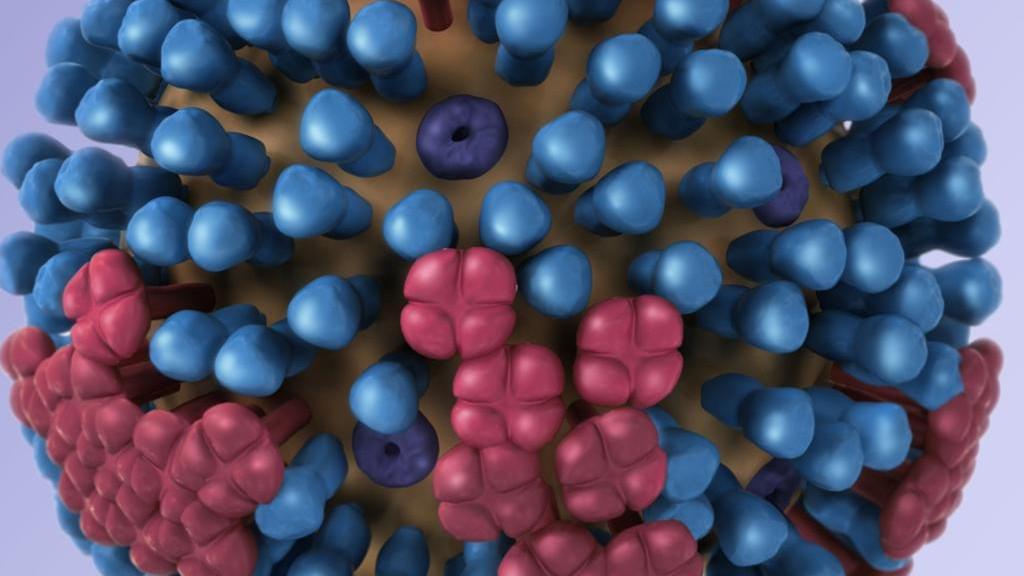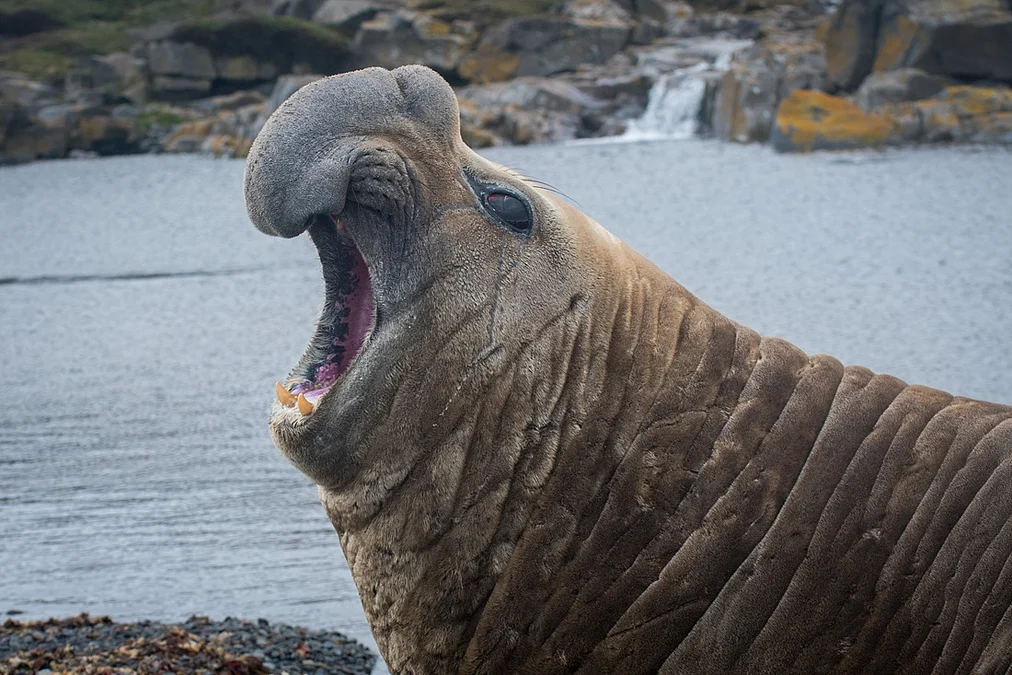Copyright thehindu

As sporadic cases of amoebic meningoencephalitis and related deaths continue to be reported from across the State, the Health department and the ICMR National Institute of Epidemiology, Chennai, are focussing on determining the host risk factors that seem to put some individuals at high risk of contracting the infection. “Free living amoeba, especially Acanthamoeba, being a ubiquitous organism, there is no point in searching for the source of infection in waterbodies alone. We also have cases wherein patients say that they have used only well water, water from storage tanks, or piped water. Hence the most practical course of action was to study the individual host risk factors and behaviour patterns that put them at risk of contracting the infection. This is pertinent because we have several instances before us, wherein, only one family member contracted amoebic encephalitis even though the entire household was using the same water source,” a senior Health official said. Scientists also reckon that one individual might have had exposure to several sources of water and that there is no way to pinpoint one as the source of the infection. A case control study has been initiated with 66 recent cases being chosen from Kozhikode, Malappuram, Thiruvananthapuram and Kollam. For every case, there arefour controls, of which one control is from the same household as the case and the rest three from the neighbourhood. An exhaustive questionnaire of 75 questions, prepared by clinicians and scientists, is being used to log the behavioural traits three months before onset of symptoms and other possible risk factors of individuals. The species and genetic diversity of Naegleria genus and Acanthamoeba is immense and scientific studies report that the antibodies generated in the body against either organism offers incomplete protection. This means that recurrence of the infection in an individual is possible. It is thus very important to study individual risk factors which renders one vulnerable to amoebic infection. “It is a well-designed study and a huge scientific exercise but we are moving cautiously. While snorting water into the nostrils seems to be the primary risk factor for contracting the infection, we also had many atypical cases wherein there is an amalgamation of risk factors— anatomical issues (cribriform plate may be compromised), immunocompromising conditions or some risky behavioural trait,” according to R. Aravind, Head, Infectious Diseases, Government Medical College Hospital, Thiruvananthapuram. Except in two or three cases of death due to amoebic meningoencephalitis in Thiruvananthapuram, in rest of the cases, the patients had other health issues which independently could have contributed to the death. “People wonder how even people who are confined home or bed-ridden with no exposure to waterbodies are contracting the infection. Most of these individuals would have some immunocompromising conditions that puts them at higher risk of exposure to amoeba. The latest addition to the guidelines to the public for preventing amoebic meningoencephalitis— that people with immunocompromising conditions should wash wounds only with sterilised or treated water— was added after discovering that this is a predominant risk factor,” according to a Health official. He said that the Health department has collected robust data on every case and that each of the cases have provided new learnings.



